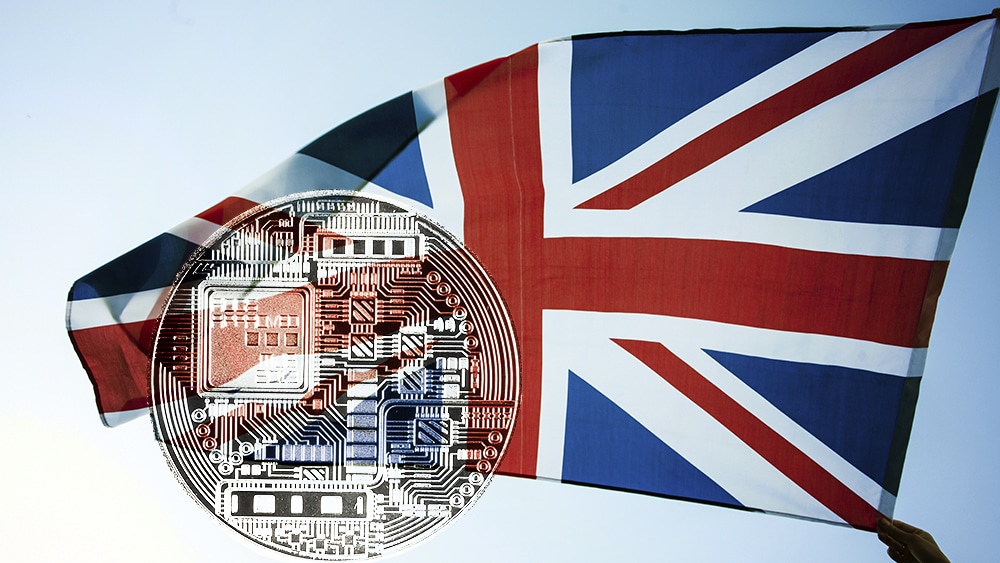Recently, the UK government proposed amending existing rules to manage the failure of stablecoin companies that may pose a “systemic” risk. Given this, it evaluates not only the regulation in this regard, but also the possible safeguards. All this happens after the collapse of the stablecoin TerraUSD.
It should be noted that this proposal is independent of the previously announced plans by the United Kingdom to regulate stablecoins under the laws governing electronic payments.
Recall that stablecoins are cryptocurrencies whose value is linked to a traditional asset, usually the US dollar. TerraUSD, an “algorithmic” stablecoin, was intended to follow this arrangement using a combination of code and partial backing of BTC and other cryptocurrencies.
However, it imploded in early May, taking with it an associated token called LUNA. The panic over the debacle has wiped hundreds of billions of dollars from the entire crypto market. It is in this context that the regulatory debate about it was revived in the United Kingdom.
Why is the UK interested in regulating Stablecoins now?
“Events in the crypto-asset markets have further highlighted the need for proper regulation to help mitigate risks to consumer, market integrity and financial stability.” This was precisely what the UK government said in a consultation document setting out its proposals.
The government considers it important to ensure that the existing legal frameworks “can be effectively applied” to manage the risks posed by the possible bankruptcy of companies of this type.
Regulators are currently concerned about the risks that stablecoins pose to the financial system in general.
What will they do about it?
The UK government is seeking to implement additional safeguards to existing legislation on the insolvency of companies operating key financial market infrastructure. Such a provision would take into account the return or transfer of the private keys that protect the users’ funds.
In all this, the Bank of England would act as the main regulator in charge of enforcing the rules. A consultation on the proposal is currently underway and will close on August 2.
With this action, the government effectively accepted that some stablecoins can become as systemically important as banks. Therefore, they conclude that they should be treated as special cases and receive assistance if they are failing.
Relate














